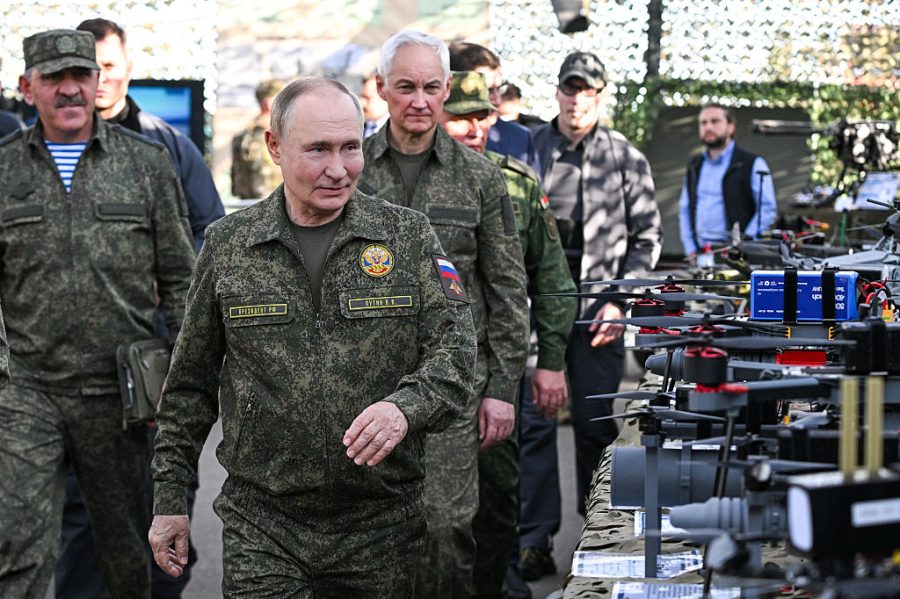Superheroes are the trump card of genres. As a rule of thumb, if a novel has a murder, it’s ‘Crime’; if it has a murder on a space station, it’s ‘Science Fiction’; and if it has a murder on a haunted space station, it’s ‘Horror’. But a novel with crimes, robots, faeries, cavemen, magic, cyborgs and time travel can only be ‘Superhero’. It is rarely successful outside the graphic variety, possibly because such strenuous suspension of disbelief is best managed in comics.
Yet it can be done. Michael Chabon’s The Amazing Adventures of Kavalier and Klay is one, while Lavie Tidhar’s Our Violent Century and Nick Harkaway’s Titanium Noir are both clever and witty. Perhaps the most recognisable success was Austin Grossman’s smart 2007 Soon I Will Be Invincible. Sample quote: ‘It was time for me to stop punishing myself, and start punishing everybody else.’ His Fight Me returns to the field (as do its characters), and for all the kapows and wisecracks, it is a strangely sweet and sentimental novel.
The narrator is now a mild-mannered, bespectacled academic called Rick Tower. Except he used to be Alex Beekman, and on uttering a special word a wizard told him became ‘Prodigy’. He vowed to use his powers only for good, and was warned about a Dark Adversary. After some unpleasantness at school with his new powers, he is put into educational special measures, alongside the future Doctor Optimal, a teenage assassin called Cat, and Stefanie, the Princess of Power, usurped by her sister from the Throne of Summerdwell. Together they form a team called the Newcomes, and have their own nemesis, Sinistro. Sinistro is technically dead, but as the narrator notes:
There are many, many gadgets that villains shouldn’t be allowed to have – hyperdrive, bombs of any description, large magnets, objectionably long stilts – but time machines make up their own special cases of contraband. Even good people shouldn’t be allowed to have them.
The murder of Alex’s long-lost mentor necessitates getting the gang back together. The novel is split between the present and their origin story and heyday. It seems that the real enemies are boredom, loneliness, nostalgia, under-achievement, litigation, disappointment and being passé. Teenage grudges and slights still linger, even though the gang members ache for the recklessness and hedonism of their youth. (Setting much of the novel in 1990s was a shrewd decision.) It is fun spotting the in-jokes and references. The conceit has been done before, but not with quite as much charm.







Comments